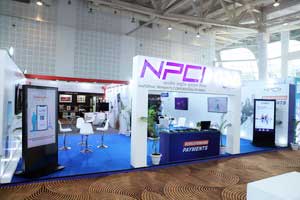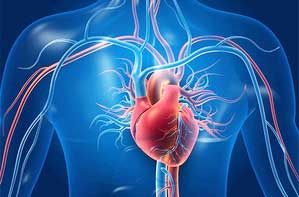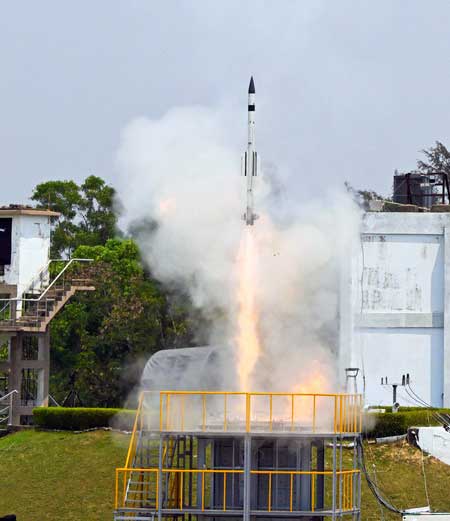Even as cancer incidence is continuing to increase in India, experts on World Cancer Day on Sunday suggested that if cancer is detected and diagnosed at an initial stage, then cure rate is very high.
World Cancer Day is observed on February 4 each year. The theme this year is 'Close the Care Gap'.
According to the Indian Council of Medical Research-National Cancer Registry Programme, the number of cancer cases in the country is projected to go up from 14.6 lakh in 2022 to 15.7 lakh in 2025.
"To win over cancer in India first step is educating people to get screened for cancer before they have any symptoms, which helps to find cancer early. If found early in stages I or II, most cancers are curable in more than 80 per cent of patients," Ashish Gupta, Chief Oncologist, Unique Hospital Cancer Center, Delhi, told IANS.
"By the time symptoms develop many cancers are in Stage three or four, when cure rates falls down to less than 25 per cent. Population-based initiative should be adopted for prevention, control and screening for three common cancers -- oral, breast and cervical cancer which are most commonly found cancers in India," added Gupta, who is heading Cancer Mukt Bharat Campaign in the country.
The campaign on cancer awareness aims to reach 1 million people across India.
According to Rahul Bhargava, Principal Director of Hematology and Bone Marrow Transplant, Fortis Memorial Research Institute, multi-cancer early detection (MCED) tests -- a type of liquid biopsy -- can help catch early-stage cancer cells long before symptoms appear.
"By utilising machine-learning algorithms, these tests identify the likely origin of tumours based on DNA and protein profiles. MCED tests hold immense promise for revolutionising cancer detection," Bhargava told IANS.
Detecting disease earlier also reduces the need for costly advance-stage treatments, benefiting health care systems and patients alike.
"Most cancers become deadly by keeping a low profile, causing no symptoms until they’re too advanced to treat. Ovarian and gastroesophageal cancers are among the most notorious for this sly disease progression, often leading to late-stage diagnoses," Vineet Nakra, Radiation Oncologist at Max Super Speciality Hospital New Delhi, told IANS.
The experts further noted that after the diagnosis of cancer, right treatment plan starting on day one is most important. Modern medicines have helped improve the clinical outcomes in a big way.
"Not only chemotherapy but also immunotherapy, targeted therapy and hormonal therapies many of which were not available even 5 or 10 years ago, have drastically improved cancer cure rates," Gupta said.






Seven cops injured during anti-Waqf Act rally in Tripura
At least seven policemen sustained injuries on Saturday during a clash between the security personnel and the agitators who held a protest rally against the recently enacted Waqf (Amendment) Act in northern Tripura’s Kailashahar under Unakoti district.
68 tonne areca nuts worth Rs 5.87 cr smuggled from Myanmar seized in Manipur
After Mizoram, the Assam Rifles have seized 68 tonnes of smuggled areca nuts worth Rs 5.87 crore in Manipur’s Kangpokpi district, officials said on Friday.
NPCI to decide on person-to-merchant payments cap on UPI transactions: RBI
In order to further boost digital payments, the National Payments Corporation of India will be enabled to set the limit on person-to-merchants transactions via Unified Payments Interface (UPI), RBI Governor Sanjay Malhotra said on Wednesday.
Centre provides Rs 217 crore for relief, rehabilitation of violence-hit displaced people in Manipur
The Union Ministry of Home Affairs (MHA) has provided Rs 217 crore as financial support in the last fiscal year (2024-25) for relief and rehabilitation measures for those people displaced due to the ethnic violence in Manipur since May 3, 2023, officials said here on Sunday.